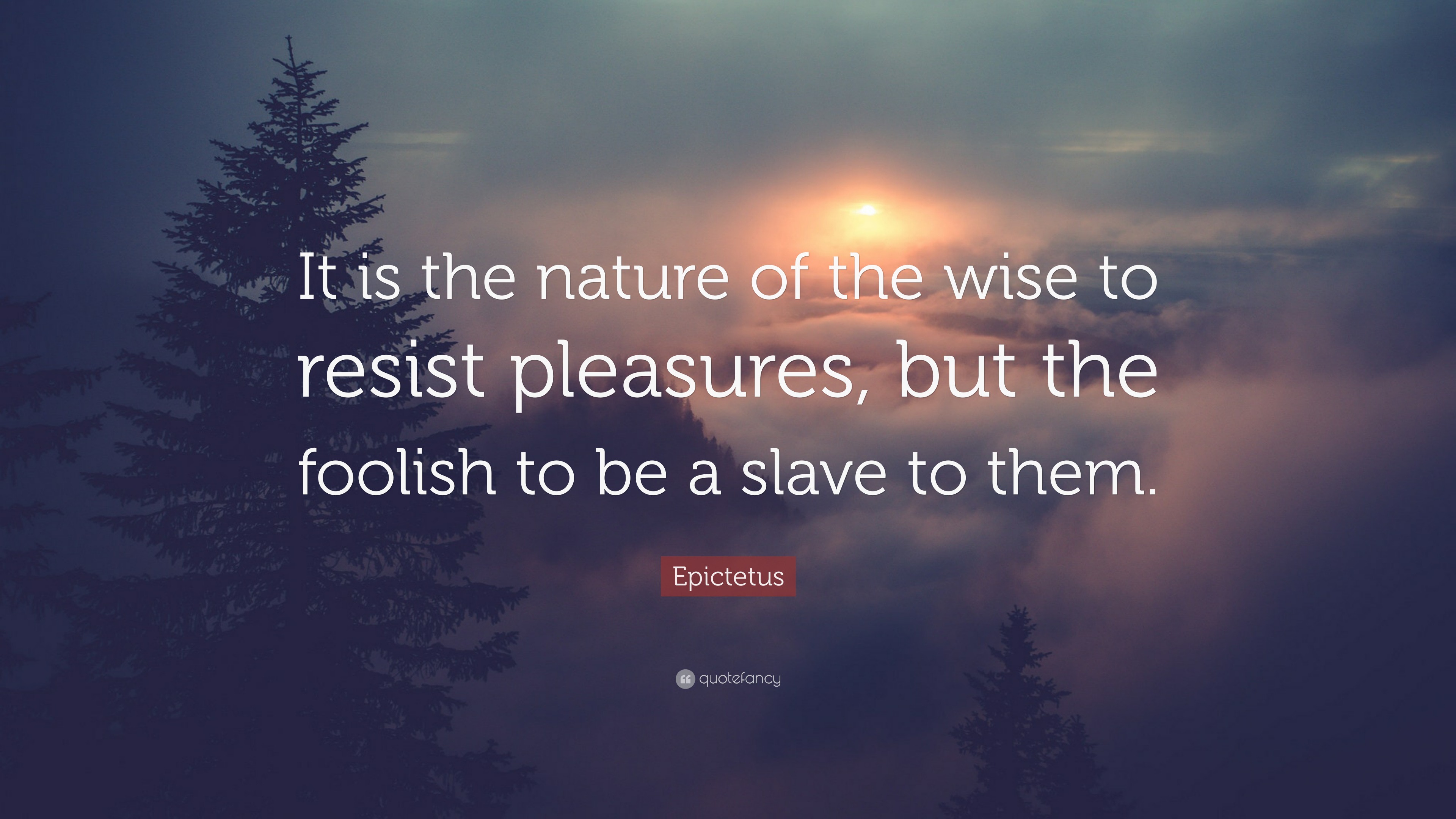Introduction:
In an ever-changing world filled with external influences and uncertainties, it has become increasingly important to cultivate inner resilience. Mastering the art of resilience not only enables us to face challenges and adversities, but it also empowers us to maintain our calmness, serenity, and mental fortitude. Drawing inspiration from the ancient philosophy of Stoicism, we can find timeless principles that can act as shields against external influences. In this article, we will explore seven Stoic principles that can help us develop inner resilience and navigate our lives with strength, wisdom, and tranquility. By adopting these principles, we can shield ourselves from the negative impact of external factors, ultimately leading to a more fulfilling and virtuous existence.
1. Understanding and Embracing Stoic Philosophy: The Foundation of Inner Resilience
Stoic philosophy has long been recognized as a powerful tool for developing inner resilience. By understanding and embracing the core principles of Stoicism, we can lay a solid foundation for facing life’s challenges with grace and strength. Stoicism teaches us to focus on what is within our control, to accept and embrace the ever-changing nature of the external world, and to cultivate a mindset of gratitude and perspective. By adopting these principles, we can build an unshakeable inner resilience that allows us to navigate life’s ups and downs with unwavering calm and strength.
2. Developing Emotional Independence: Shielding Yourself from External Influences
One of the key teachings of Stoic philosophy is the importance of emotional independence. In a world filled with external influences and pressures, developing the ability to shield ourselves from these forces is crucial for maintaining inner peace and resilience. By recognizing that our emotions and reactions are ultimately within our own control, we can liberate ourselves from the sway of external circumstances and opinions. Cultivating emotional independence allows us to remain grounded and centered, enabling us to navigate the challenges of life with a clear and focused mind.
3. Practicing Mindfulness and Acceptance: Strengthening Inner Resilience in the Face of Challenges
Mindfulness and acceptance are essential practices for strengthening inner resilience. By staying present and fully aware of our thoughts, emotions, and sensations, we can respond to challenges with greater clarity and insight. Stoic philosophy teaches us to accept the inevitability of difficulties and setbacks, embracing them as opportunities for growth and learning. By practicing mindfulness and acceptance, we can develop the ability to face challenges with equanimity and grace, enhancing our inner resilience and ability to bounce back from adversity.
4. Cultivating Stoic Virtues: Building a Solid Shield against Negative External Influences
The cultivation of Stoic virtues is a powerful way to build a solid shield against negative external influences. By focusing on developing qualities such as wisdom, courage, justice, and temperance, we fortify our inner resilience and strengthen our ability to withstand the pressures and temptations of the outside world. These virtues provide us with a moral compass and guide us towards a life of integrity and inner peace. By cultivating Stoic virtues, we build a solid foundation for living a meaningful and resilient life.
5. Applying Stoic Principles in Daily Life: Harnessing Inner Resilience to Thrive in a Chaotic World
The true power of Stoic philosophy lies in its practical application in our daily lives. By integrating Stoic principles into our thoughts, actions, and decisions, we can harness our inner resilience to thrive in a chaotic world. Stoicism teaches us to focus on what is within our control, to reframe challenges as opportunities, and to maintain a mindset of gratitude and perspective. By applying these principles consistently, we can navigate the complexities of life with grace and strength, finding fulfillment and resilience even in the midst of adversity.
7 Stoic Principles To Ensure NOTHING AFFECTS YOU
Introduction
Unfortunately, I could not find specific information on the keyword “7 Stoic Principles To ensure NOTHING AFFECTS YOU” by Epictetus. However, Epictetus was a Greek Stoic philosopher known for his teachings on ethics and personal development. Here are some general Stoic principles that may be related to the topic:
Principle 1: Focus on what you can control
- Stoicism emphasizes the distinction between things within your control (your thoughts, judgments, actions) and things outside your control (external circumstances, other people’s actions).
- By focusing on what is under your control, you can minimize the impact of external events.
Principle 2: Acceptance of the present moment
- Epictetus emphasized embracing and accepting reality as it is, rather than resisting or becoming attached to outcomes.
- This principle involves accepting both positive and negative situations without being overly affected by them.
Principle 3: Embrace discomfort and adversity
- Stoicism teaches that challenges and setbacks are opportunities for growth and self-improvement.
- By willingly embracing discomfort and seeing it as an integral part of life, you can develop resilience and inner strength.
Principle 4: Cultivate equanimity
- Stoics encourage developing a state of calm and tranquility in the face of disturbances.
- By training yourself to respond with reason and logic rather than emotional reactions, you can maintain a sense of inner peace.
Principle 5: Practice self-reflection
- Stoicism emphasizes self-awareness and self-examination.
- Regular self-reflection allows you to evaluate your thoughts and actions, identify areas for improvement, and align yourself with virtuous behavior.
Principle 6: Memento mori
- This Latin phrase meaning “remember that you will die” is a common Stoic reminder of the transient nature of life.
- Reflecting on the inevitability of death can help cultivate gratitude, prioritize what truly matters, and avoid getting excessively attached to fleeting desires or concerns.
Principle 7: Follow nature and the larger order of the universe
- Stoics believed in aligning themselves with the natural order of the world.
- Acknowledging that everything is interconnected and part of a grand design can help gain perspective and cultivate a sense of harmony with the greater whole.
Note: While these principles are based on Stoic philosophy, the specific “7 Stoic Principles To ensure NOTHING AFFECTS YOU” by Epictetus could not be found.

In conclusion, mastering inner resilience is a crucial skill in navigating the challenges and uncertainties of life.
Stoic philosophy offers valuable principles that can guide individuals in shielding themselves from external influences. The seven Stoic principles discussed in this article provide a roadmap for cultivating inner strength and resilience.
Firstly, practicing indifference towards external events
allows individuals to detach themselves from the uncontrollable aspects of life and focus on their own thoughts and actions. This empowers individuals to navigate through adversity with poise and adaptability.
Secondly, embracing acceptance and understanding
that some things are beyond our control enables individuals to let go of unnecessary worries and anxieties. This mindset allows for increased mental space to focus on what can be changed or improved.
Thirdly, maintaining a strong sense of self-reliance
allows individuals to rely on their own inner resources and strengths, rather than seeking validation or approval from external sources. This independence fosters self-confidence and resilience in the face of challenges.
Fourthly, developing emotional intelligence
helps individuals effectively manage their emotions and reactions to external influences. By practicing self-awareness and empathy, individuals can better regulate their emotional responses and make more rational decisions.
Fifthly, living in alignment with personal values and virtues
acts as a shield against external pressures and influences that may compromise one’s integrity. By staying true to oneself, individuals can withstand external pressures and maintain a strong sense of identity and purpose.
Sixthly, practicing gratitude
fosters a positive mindset and mindset of abundance, allowing individuals to appreciate the present moment and remain resilient in the face of adversity. Gratitude helps individuals find silver linings and fuel their inner strength.
Lastly, adopting a growth mindset
allows individuals to view challenges as opportunities for growth rather than setbacks. By reframing setbacks as learning experiences, individuals can bounce back stronger and more resilient.
Incorporating these Stoic principles into daily life can help individuals strengthen their inner resilience and shield themselves from external influences. By mastering inner resilience, individuals can navigate through life’s ups and downs with grace and strength, ultimately leading to a more fulfilled and meaningful existence.
